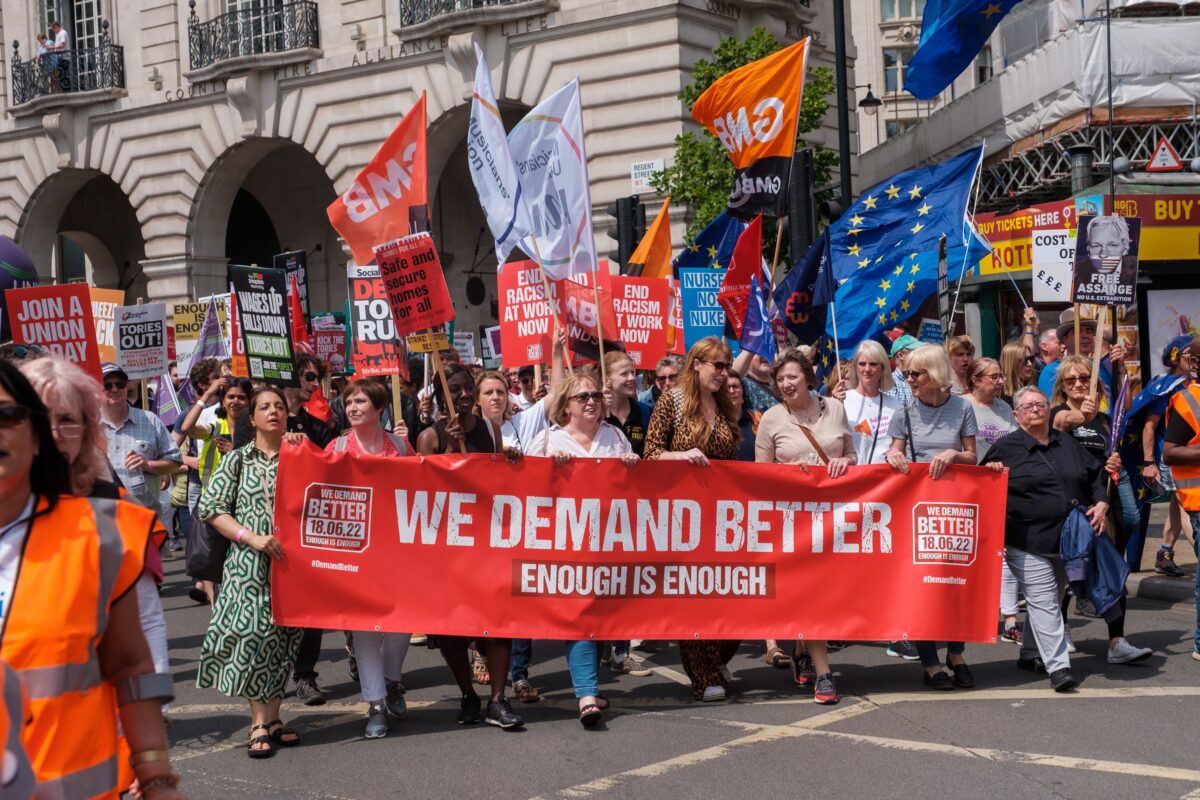As inflation soars to a 40-year high, many analysts, households and businesses are asking just how much higher could it go?
The rate of Inflation jumped from seven per cent in March to nine per cent in the 12 months to April, and according to the Bank of England, it’s likely to keep going up over the next few months, possibly to as much as ten per cent, but should fall again in 2023.
This, it said, is because the causes of the current high rate of inflation, such as Covid-related lockdowns in China leading to supply chain problems, aren’t likely to last. As a result, the Bank believes inflation should be close to its target of two per cent in about two years’ time.
However, it warned that the prices of some items might stay at a high level, when compared with recent years. That means the cost of living struggles, which so many people are experiencing right now, could persist if wage growth doesn’t match inflation.
“If prices go up but your income stays the same as it was a year ago, you’ll notice it won’t go as far as it did then,” the Bank said.
“You will be able to buy less of some things with the same amount of money than you did before. But how much costs change will vary. The cost of some things will go up more than others.”
The Bank of England is clearly walking a precarious tightrope and needing to balance many complex variables, but since many of these are outside of its control, it’s impossible to say with any certainty just how inflation will rise and how long this problem will last.
Andy Haldane, former chief economist at the Bank of England, recently told LBC: “This won’t be come and gone in a matter of months. I think this could be years rather than months.”
Furthermore, he predicted that there was a “better than evens chance” that the UK could fall into recession in the near future, saying: “We could find ourselves heading south rather than north”.
So what can the Bank of England do? The Bank’s Monetary Policy Committee recently raised interest rates from 0.75 per cent to one per cent – their highest level for 13 years.
However, opinion on what to do next is split, with Michael Saunders, a member of the Monetary Policy Committee, believing the best way to deal with rising inflation is to implement faster interest rate hikes.
Mr Saunders, who was among those who recently voted for a 0.5 per cent increase in interest rates, said: “The strength of external costs is eroding real incomes and is likely to cap real spending.
“But, by creating a long period of above-target inflation, these external cost increases also may exacerbate the rise in inflation expectations and hence, with the tight labour market, could make it harder to ensure domestic inflation pressures return to a target-consistent pace.”
Speaking to the Resolution Foundation, Mr Saunders argued that the Bank should move to “a more neutral monetary policy stance”, adding that its credibility could be harmed if inflation rises out of control.
As calls grow for politicians and fiscal policymakers to do more to address the cost of living crisis, inflation passing the ten per cent mark would be a hugely symbolic moment that could pile on the pressure even further.
We will keep you informed as to what decisions are taken, and in the meantime, if you have any questions or concerns, don’t hesitate to contact us.


